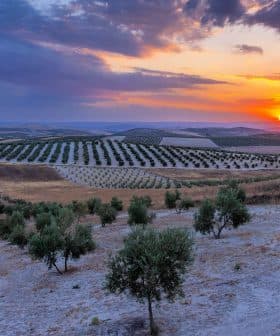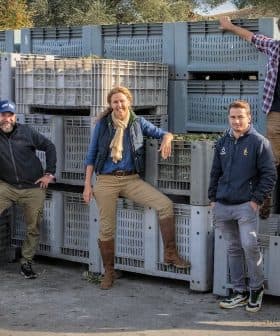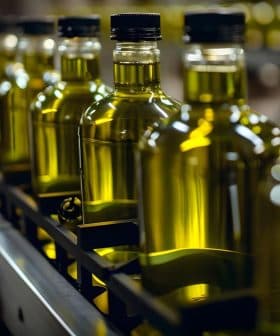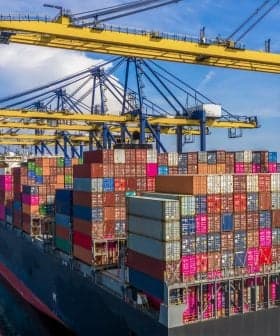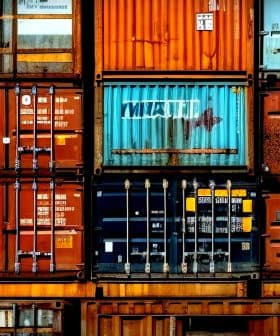Heavy Rains Don't Dampen Enthusiasm of Argentina's Olive Oil Exporters
Recent floods have mostly spared Argentina's olive plantations as producers and exporters remain upbeat about the sector's potential.
Unusually heavy rainfall in Argentina has negatively impacted much of the agricultural sector, but olive production has been largely unaffected due to the dry regions where olives are grown. Despite challenges such as climate change and inadequate infrastructure, Argentina’s olive oil industry is experiencing record growth and has the potential to compete with leading European producers.
Unusually heavy rainfall has dampened much of Argentina’s agricultural sector. However, olives have been spared and the pitted fruit traditionally associated with the Mediterranean is thriving.
If producers and manufacturers work together supporting the Arauco variety, we could gain worldwide attention for the product.
“Very few olive plantations have been affected by the flooding,” said Luis Javier Magalnik, an olive producer and packer at Califruit. “The production zones of olives in Argentina are in regions that are generally dry.”
Meanwhile, unprecedented rainfall on the Pampas, Buenos Aires, Santa Fe and Cordoba has left five to 10 million hectares of traditionally productive cropland completely waterlogged.
See Also:More on Argentina Olive Oil Production
Esteban Copati, the head of crop estimates at the Buenos Aires Grain Exchange, said at least 650,000 hectares may go unplanted. Whether the rest will dry in time for planting is still unknown.
However, the future of a less traditional crop is looking bright. Olive oil has already experienced a record growth in both quality and quantity. Olive producers, as well as those at the Ministry of Agriculture, are optimistic that they can keep the trend moving upwards.
“We are expecting to add to regional development, especially for olive production,” said Nestor Roulet, secretary of added value at the Argentinian Ministry of Agriculture. “Argentina could still add 20 percent more value to olive oil exports this year.”
The Department of Agriculture reported that in the first seven months of 2017, export values had increased in value by 117 percent.
Frankie Gobbee, CEO and co-founder of the Argentina Olive Group, believes the quality of olive oil could be further improved to compete with leading European olive oil producers.
“Argentina has more than 120,000 hectares dedicated to olives and exports more than 89 percent of those as extra virgin olive oil,” said Gobbee. “We could demonstrate that the extra virgin oil from Argentina is equal to or better than that of many European countries. We have the genetics of European olives with better agricultural techniques and natural resources.”
Argentine olive oil export volumes have increased by 93 percent compared with the same period last year.
Magalnik at Califruit shares the optimism about olive oil’s potential. However, he said emphasis must be on cultivating and developing unique products.
“There is great potential for the Arauco variety of extra virgin olive oil, which is unique to Argentina,” he said. “If olive producers and olive oil manufacturers work together supporting the Arauco variety, it would be possible to gain worldwide attention for the product.”
© Olive Oil Times
He argued that right now Argentina has the perfect climate and technology to produce high-quality olive oil.
Climate scientists have predicted heat waves for the upcoming summer across Argentina. These predictions have made Magalnik wary, but not worried.
“Too much hot, dry air could negatively impact pollination and consequently lower production,” he said. “Until now, though, it seems like the most productive olive-producing regions have not had this problem.”
However, for Gobbee climate is not the concern, inadequate infrastructure is. He said this and production logistics must be improved in order to strike a balance between the growing demand for olive oil and its production.
“Argentina is not yet a major producer of olive oil because it does not have large enough refining industries,” he said. “The olive plantations are more than 1,200 km away from the ports. We need to lower the logistics costs or package the olive oil in the ports instead of the plantations.”
In spite of these growing pains, Argentina is now the largest exporter of virgin olive oil in South America and the eighth largest in the world.



